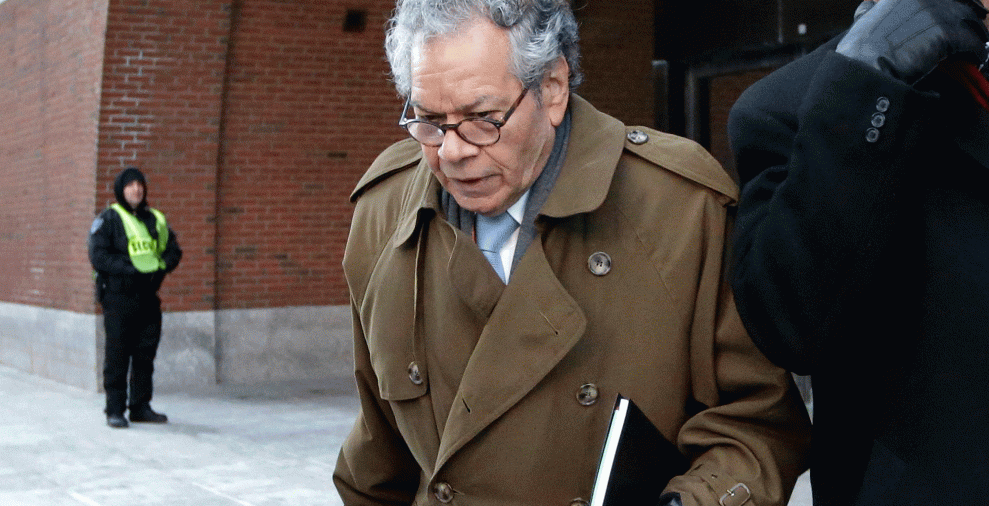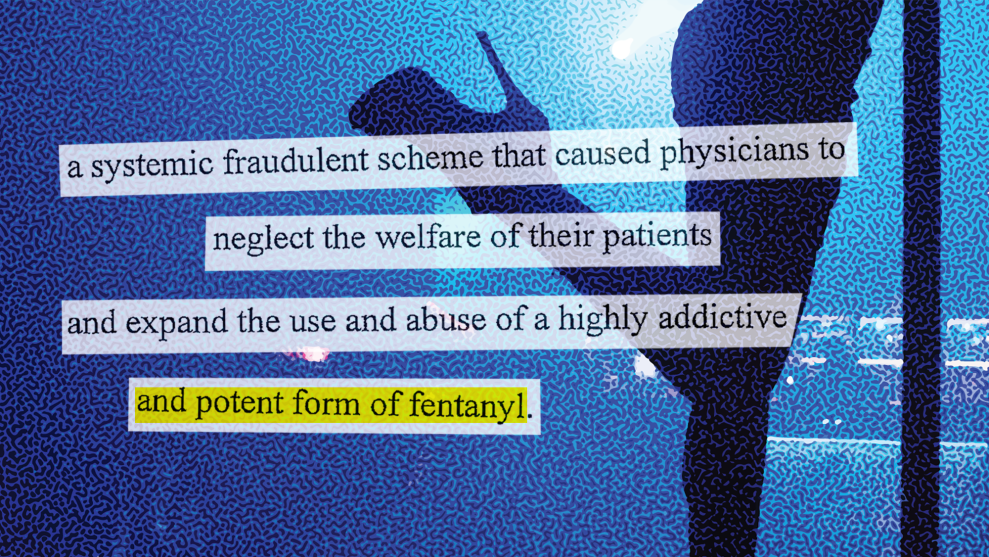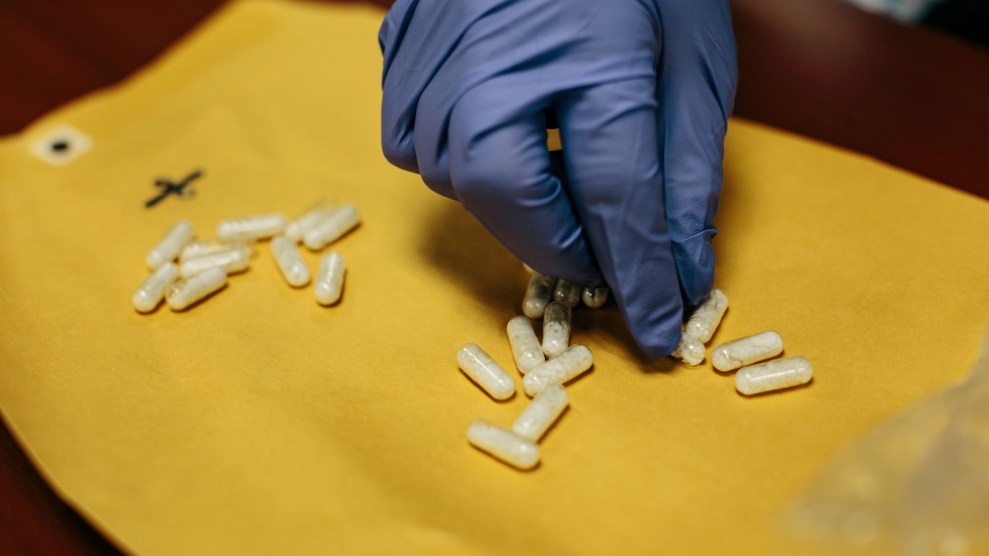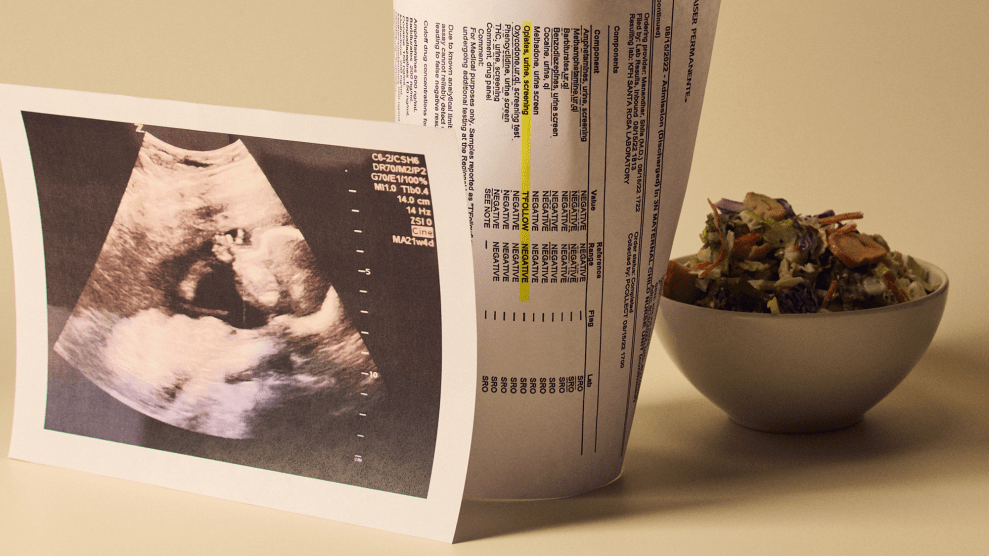
Insys founder John Kapoor at a federal court in BostonSteven Senne, File/AP
On Thursday, a Boston jury found executives of Insys, a pharmaceutical company known for its fentanyl-based painkiller, guilty of a scheme involving bribing doctors to prescribe the potent opioids and misleading insurance companies about patients’ need for the drugs. Company founder John Kapoor and four others were convicted on racketeering charges. The case is just one of thousands of cases in municipalities across the country alleging that opioid makers planted the seeds of today’s devastating overdose epidemic, but the Insys case was closely watched in part because of its strangely salacious details.
Former sales director Alec Burlakoff, who testified for several days after cutting a plea deal, said Kapoor asked job candidates whether they preferred “loyalty” or “integrity”—since the former indicated a willingness to “go along with our scheme to bribe doctors to prescribe.” To boost sales, the company ran a sham speaker program used to funnel cash to doctors, who would in turn prescribe more—and higher doses of—the prescription drugs.
During the trial, government prosecutors played a video made for a 2015 sales meeting showing Burlakoff, dressed as a bottle of the prescription fentanyl product Subsys, dancing and rapping about dosage level to the tune of A$AP ROCKY’s “F**kin’ Problems.” The prosecutors also read an email that Burlakoff, who pleaded guilty to one count of racketeering conspiracy, wrote saying that patients on higher doses were preferable because they “will continuously refill their monthly prescriptions indefinitely.” The New York Times noted that OxyContin maker Purdue Pharma allegedly pursued a similar strategy, according to court filings in a separate case.
Sex appeal was another selling point for Insys: One sales rep said she was instructed to “behave more sexually toward pain-management physicians, to stroke their hands while literally begging for prescriptions.” Sunrise Lee, a former exotic dancer who was among the executives convicted, was said to have given a doctor a lap dance at a club. As Mother Jones previously reported, Burlakoff allegedly defended the decision to hire Lee in 2012, claiming, “Doctors really enjoyed spending time with her and found Sunrise to be a great listener.” He added, “She’s more of a closer.”
Sentencing dates weren’t set for the convicted executives. The company recently announced to investors that it is at risk of going out of business; a recent tax filing noted, “Heightened attention on the use of opioids, including government litigation changes in policies, legislation and leadership at the federal and state level, could hinder or prevent the commercial success of Subsys.”

















